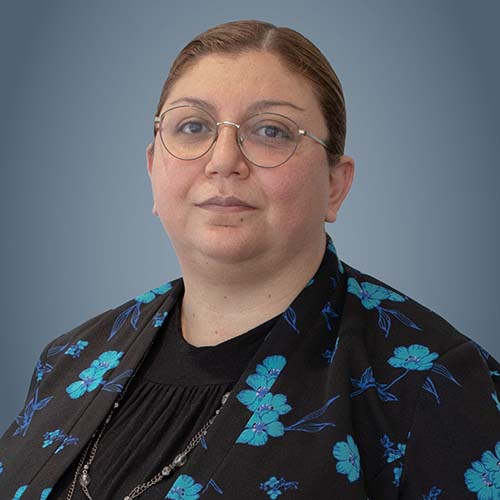DISCIPLINARY BACKGROUND
Why study the Neonatal Nursing Specialty?
The Neonatal Nursing Specialty evaluates the newborn and orients its integral care to the low, medium and high risk neonate, in order to respond to the health demands of the population.
The curriculum is integrated by the disciplinary, methodological and humanistic training areas that allow the professional in training to provide comprehensive quality care in the different fields of action, being competitive, analytical and decisive in neonatal care, thus influencing with their participation and care, to reduce morbidity and mortality rates of newborns and to promote the welfare of the child, in its postnatal stage in which begins its growth and development.
- To train specialized professionals with knowledge, skills, attitudes and values with critical, innovative and proactive capacity in neonatal nursing to implement a comprehensive care plan through the assessment and identification of the needs of the newborn, to integrate the neonate to its normal growth and development, as well as to improve its quality of life.
- To develop a holistic education, through a curriculum with disciplinary, humanistic, methodological and integrative contents, which will allow the graduate to be competitive at national and international level for their quality neonatal nursing services that meet the demands of neonatal care in the health sector institutions.
The specialty is linked to the comprehensive care and management of the newborn in which pathophysiological aspects are seen in their growth and development and that allow the greatest possible welfare, reducing possible complications, since at this stage, the child is more vulnerable to changes and risks that compromise their integrity and life.
Basic Academic Core
We have 11 research professors with academic degrees of specialty, master's and doctorate.
- Hospital del niño DIF Hidalgo.
- Federico Gómez Children's Hospital of Mexico.
- INPER.
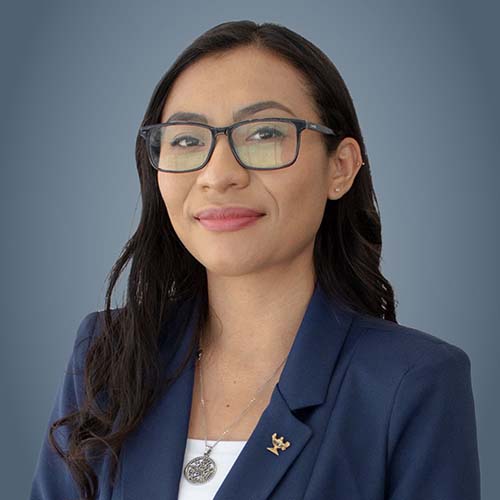
CDE. Lizbeth Morales Castillejos
lizbeth_morales@uaeh.edu.mx
PRODEP: Current
LGAC: Prevention and intervention in chronic states of healthy or sick subjects.
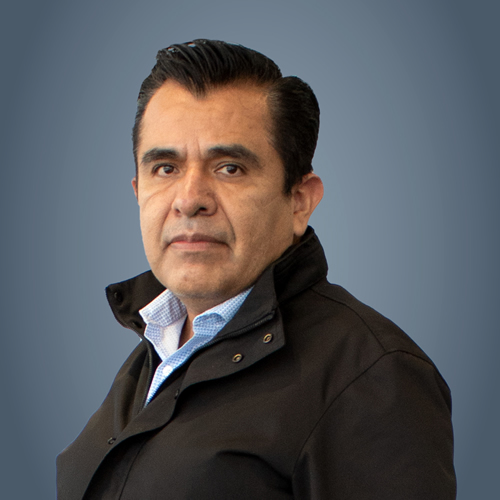
Dr. José Arias Rico
jose_arias@uaeh.edu.mx
SNI I
PRODEP: Current
LGAC: Prevention and intervention in chronic states of healthy or sick subjects.
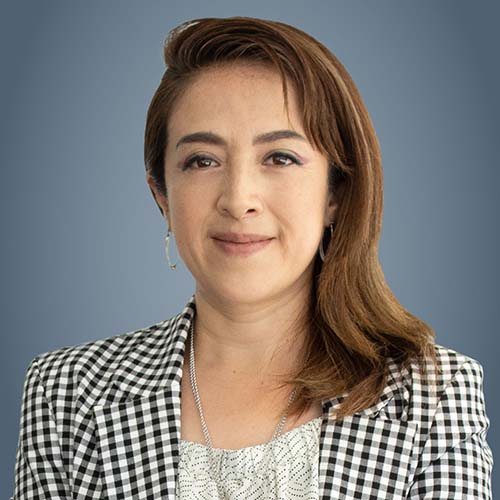
Dr. Angélica Saraí Jiménez Osorio
angelica_jimenez@uaeh.edu.mx
SNI I
PRODEP: Current
LGAC: Prevention and intervention in chronic states of healthy or sick subjects.
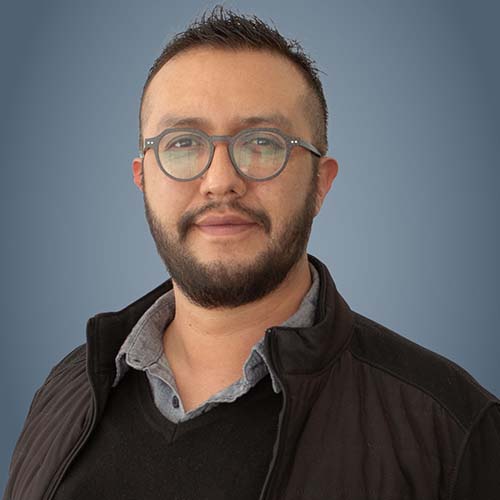
Dr. Diego Estrada Luna
destrada_luna@uaeh.edu.mx
SNI I
PRODEP: Current
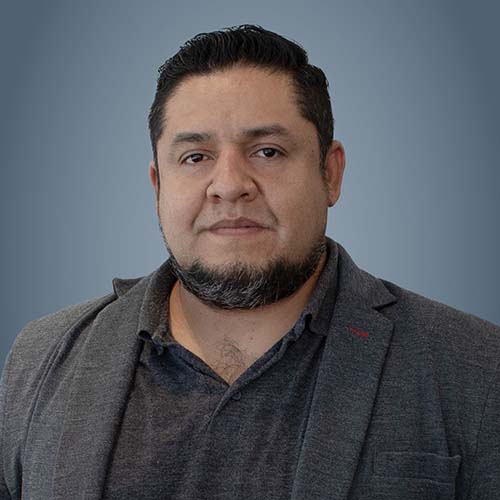
Dr. José Antonio Guerrero Solano
jose_guerrero@uaeh.edu.mx
SNI I
LGAC: Nutrition in the different stages of life, phytochemicals applied in pain medicine and nursing education.
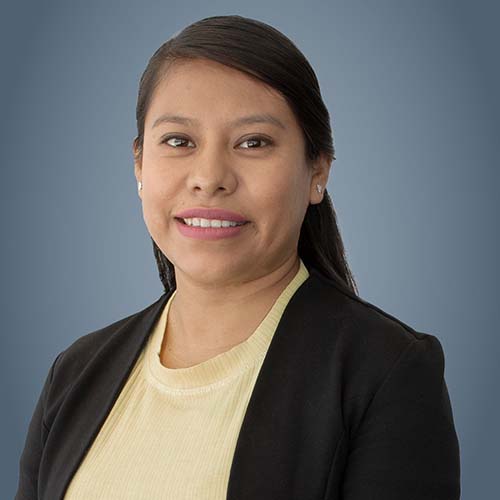
Dr. Julieta Ángel García
julieta_angel@uaeh.edu.mx
SNI C
LGAC: Health Care at Risk of Developing Chronic Conditions in Vulnerable Groups
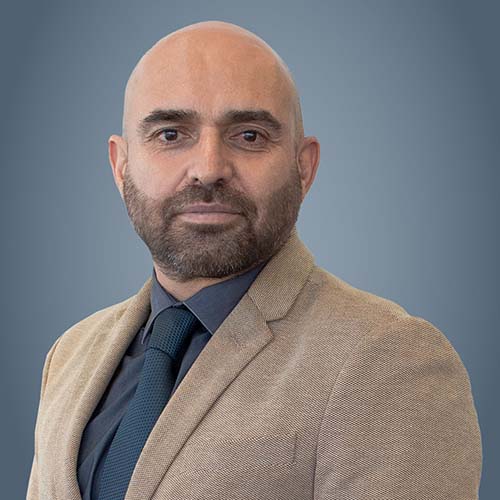
Dr. Octavio Alejandro Jiménez Garza
octavio_jimenez@uaeh.edu.mx
SNI I
LGAC: Epidemiology of childhood cancer, Environmental health, Gender issues in the nursing profession, Toxicology.
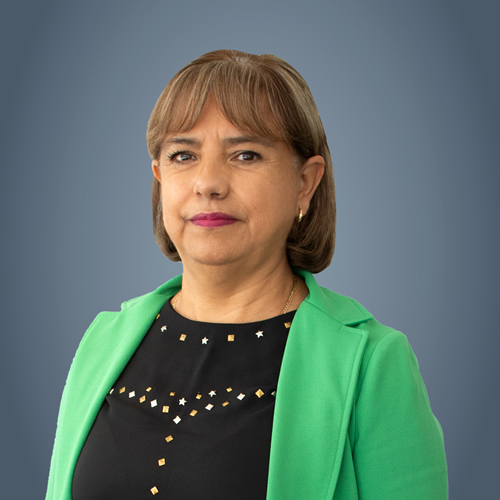
M.C.E. Olga Rocío Flores Chávez
ofloresc@uaeh.edu.mx
PRODEP: Current
LGAC: Intervention and care in chronic non-communicable diseases.
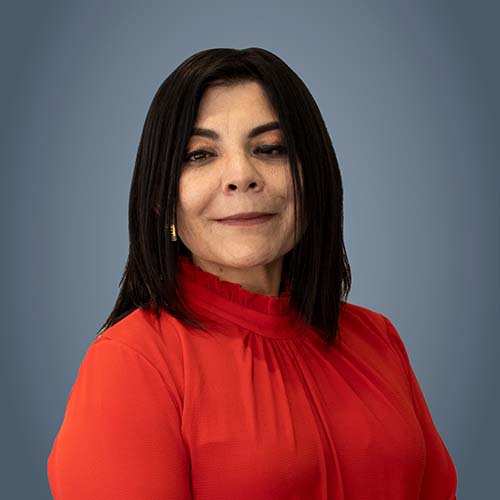
MCE. Rosa María Baltazar Téllez
rosa_baltazar@uaeh.edu.mx
PRODEP: In effect
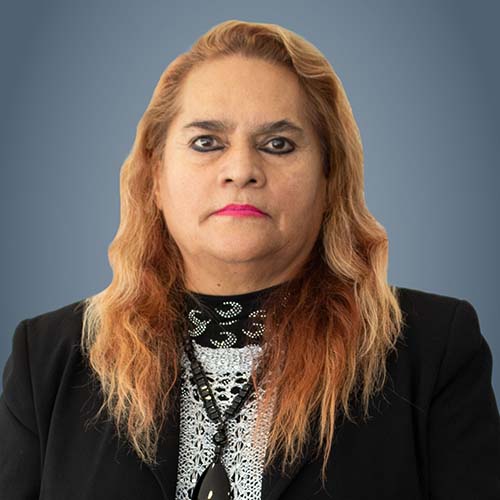
Dr. María Luisa Sánchez Padilla
Maria_sanchez2789@uaeh.edu.mx
LGAC: Care of the healthy or sick individual in different age groups.
